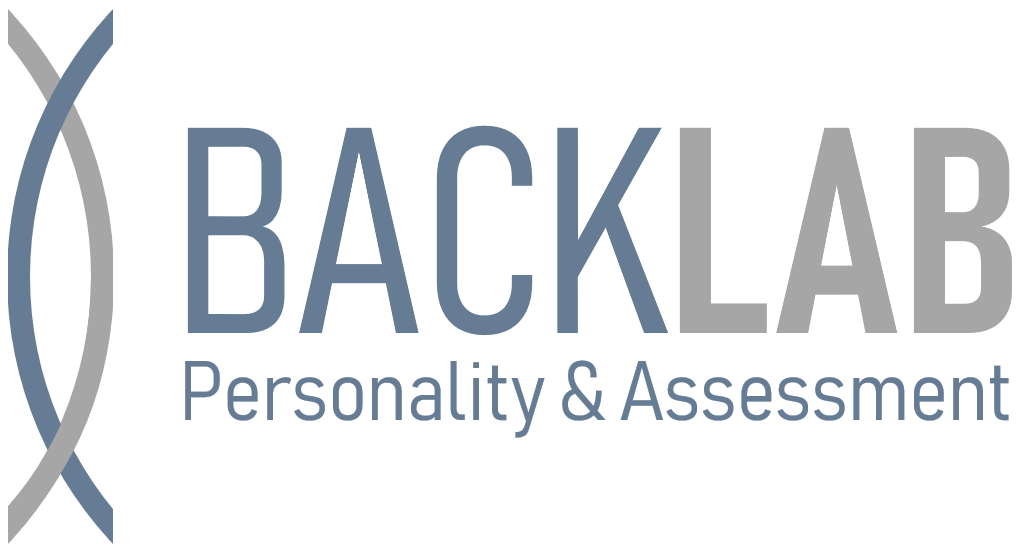Personality interaction laboratory study (PILS)
PILS aimed at a laboratory investigation of the interaction processes underlying the effects of personality on the acquaintance process in peer groups.
Participants were 311 students aged between 18 and 39. Participants’ personality traits (e.g., Big Five, agency, communion, self-esteem, shyness, sociability, narcissism, dark triad, trait anger, impulsivity, sensation seeking) were assessed via self- and acquaintance-reports in an online-survey. They were then assigned to 54 small groups of four to six unacquainted participants and attended three group sessions taking place with a time interval of exactly one week. Within these sessions, we investigated group interactions from zero-acquaintance to short-term acquaintance with a total interaction time of approximately six hours. The group interactions involved seven different tasks, three of them in Session 1 (Reading-aloud task, Self-introduction 1 and 2), and two each in Session 2 (Lost on the Moon task, Ticking Bomb scenario) and session 3 (Moral dilemma discussion, Personality game). At the beginning of each session and directly after each task (i.e., at ten points in time), participants within each group rated each other regarding evolving relationship indicators and interpersonal perceptions in a round-robin design (e.g., friendship and leadership potential; liking, metaperceptions of liking, perceived assertiveness, trustworthiness, intelligence) and reported their state-affect (e.g., pleasure, arousal, satisfied with self). At the end of the first session, we additionally assessed cognitive ability measures (reasoning, vocabulary knowledge, working memory) and took two photographs of all participants. All interactions were video- and audiotaped and systematically coded regarding several behavioral indicators for each task (e.g., multiple indicators of expressive, dominant, warm, aggressive, arrogant, nervous behavior).
see OSF page for further details: https://osf.io/q5zwp/

